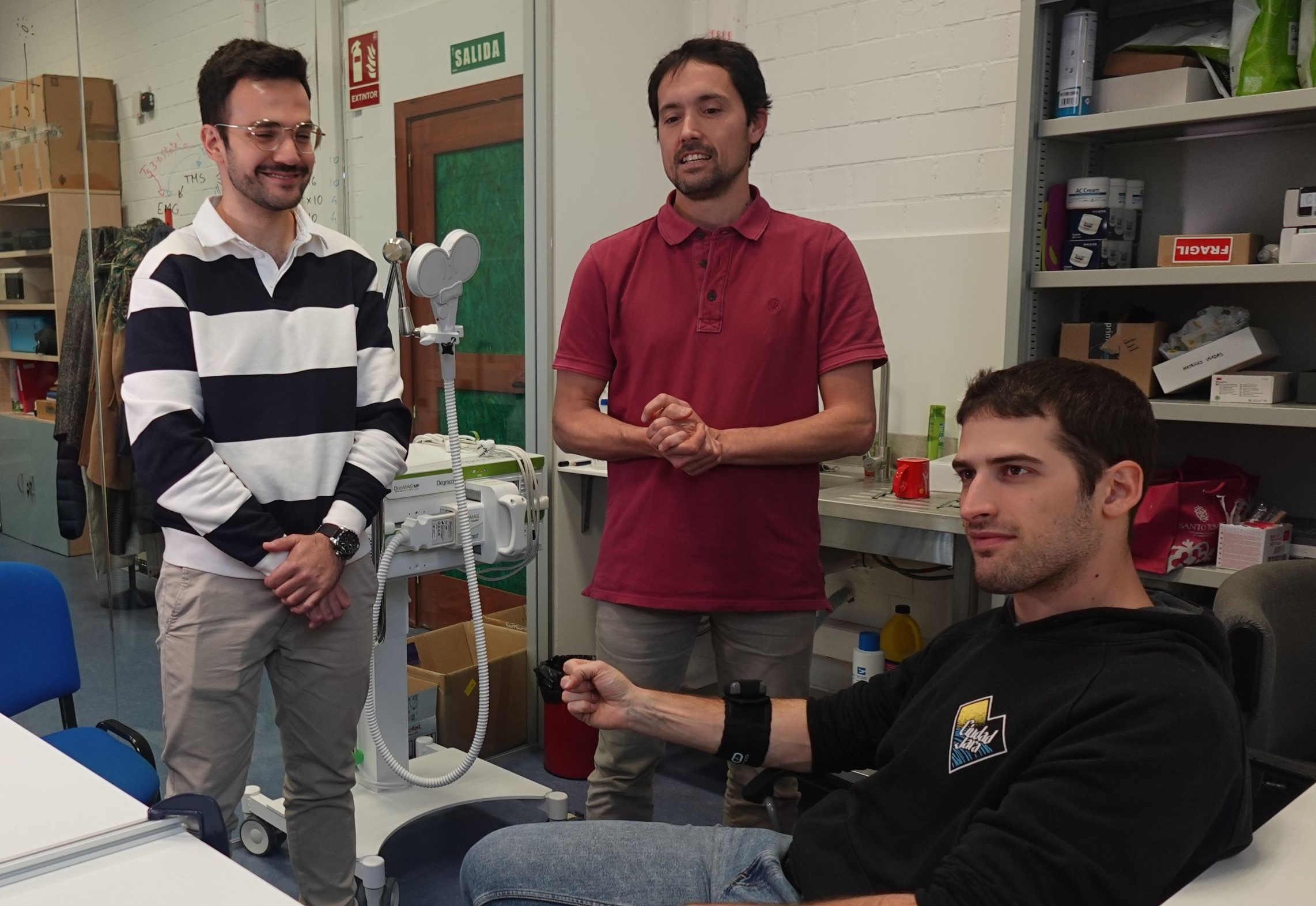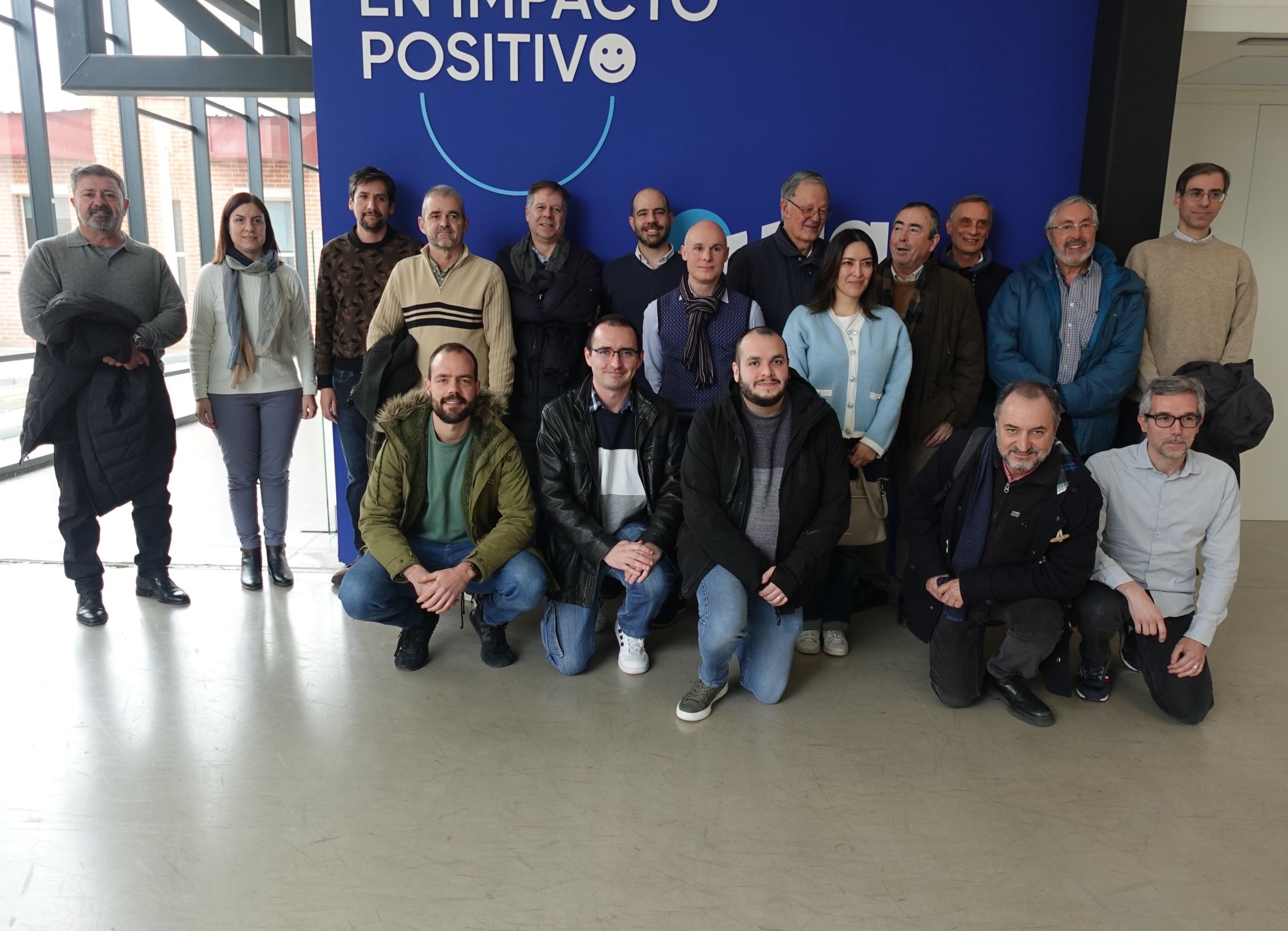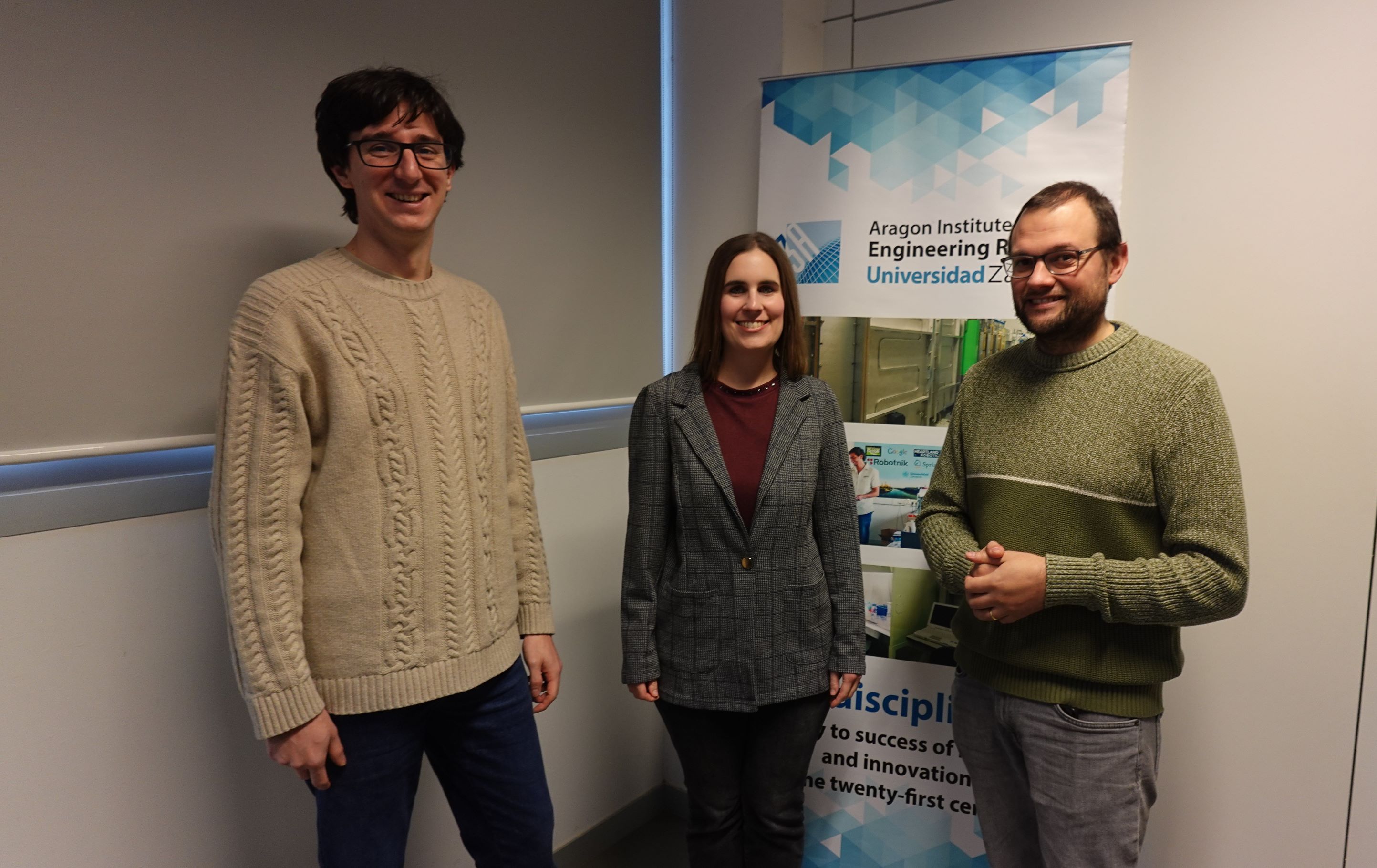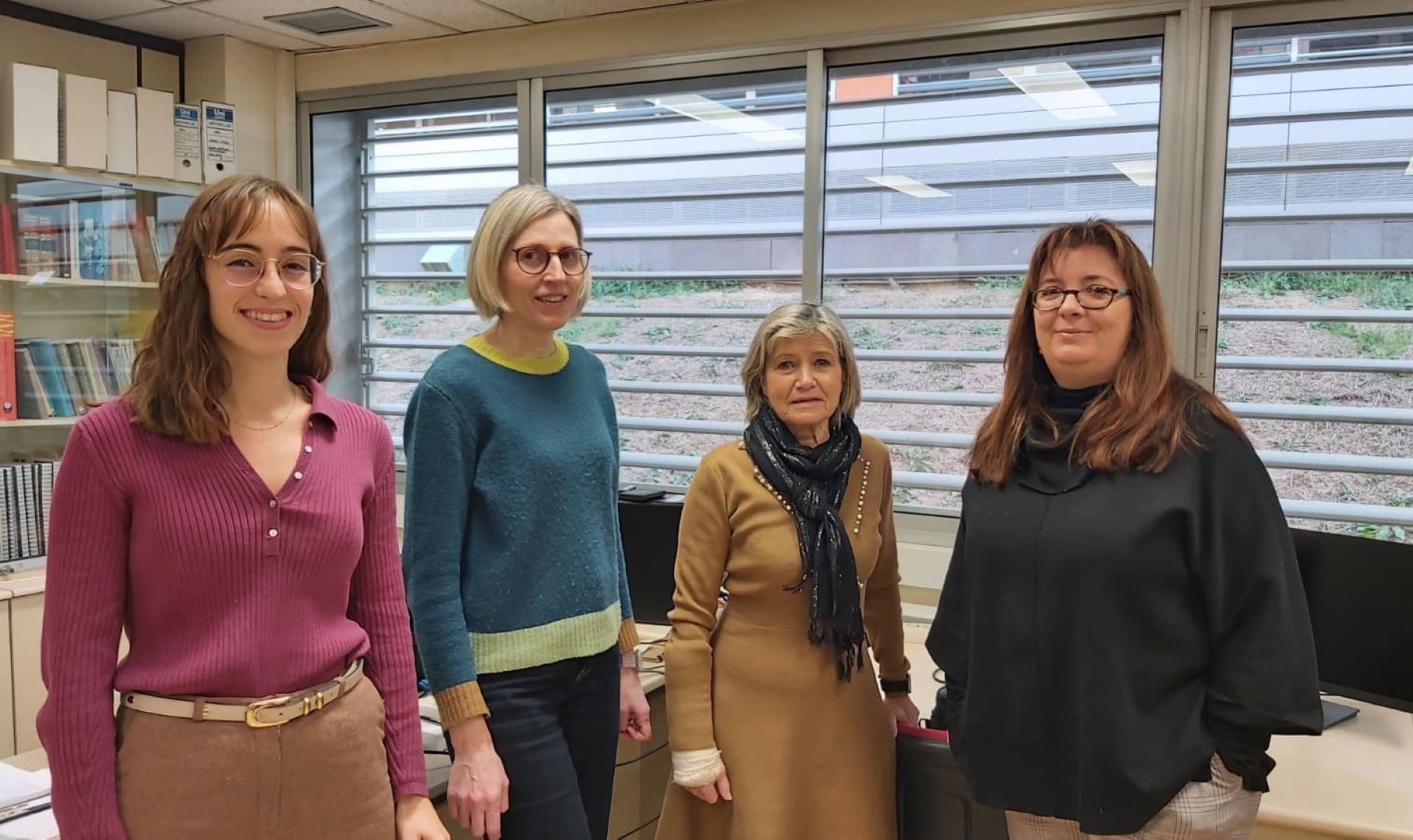
Cardiovascular diseases are the leading cause of death, accounting for 30% of mortality worldwide. Every year 17.9 million people die from cardiovascular disease, which includes heart and cerebrovascular diseases. It is estimated that the figure will rise to 23 million by 2030, according to data from the Spanish Society of Cardiology.
Today, talking about heart health research means talking about technology and all the resources that engineering offers to improve prevention, diagnosis and more personalised treatment of heart disease.
That is why 90 researchers from 11 countries are meeting tomorrow, Wednesday 23 October, in Zaragoza for the international congress of the European Study Group on Cardiovascular Oscillations (ESGCO), which will begin at 9:30 am, organised by the Biomedical Signal Interpretation and Computational Simulation (BSiCoS) research group of the Aragon Institute for Engineering Research (I3A).
ESGCO 2024 will be held at the Ebro River Campus of the University of Zaragoza, in the Betancourt building. Over three days, from Wednesday 23rd to Friday 25th, more than 60 works will be exhibited and six plenary sessions on the application of Artificial Intelligence to heart disease; the interaction of the brain and the heart; digital biomarkers in atrial fibrillation; computational models for cardiac arrhythmias; cerebral blood flow regulation or the development of models to encode neurophysiological recordings.
The ESGCO2024 programme is designed to stimulate and foster inter- and multidisciplinary discussions and collaborations. Sessions will bring together physicists, mathematicians, engineers, biologists and clinicians to jointly advance the treatment of diseases that affect an increasing number of people in our society.
Six plenary sessions
The combined use of computational models and electrocardiograms provides deeper insight into arrhythmia mechanisms and allows for more accurate treatments. As cardiology moves from population-based studies to personalised approaches, a key challenge is the large amount of data and resources needed for personalised cardiac models. Ana Mincholé, researcher in the BSiCoS group, will talk about this at the I3A Unizar.
The dynamic interaction between brain and heart underpins many mental and bodily states in health and disease, as will be discussed in the lecture by Gaetano Valenza, University of Pisa. He will review recent neurophysiological findings and delve into the identification of the components of the so-called brain-heart axis and the related mechanisms that generate complex oscillations of the brain and heartbeat. It will include the assessment of emotional processing in both healthy individuals and patients with depressive symptoms.
Gonzalo César Gutiérrez, from the University of Valladolid, will talk about the application of Artificial Intelligence in the analysis of cardiac signals, such as ECGs, and how it is transforming research in related fields. He will discuss recent advances in AI algorithms that not only improve accuracy in the detection of cardiac abnormalities, but also provide insights into their decision-making processes. The presentation will also discuss the challenges of integrating explainable AI into routine clinical practice.
The era of digital biomarkers in atrial fibrillation will be the title of the lecture by Valentina Corino, from the Politecnico di Milano, who will explain the possibilities offered by digital medicine through technologies and tools that allow continuous monitoring of health biomarkers, improving the probability of early detection and reducing the need for the number of consultations.
Professor Ronney B. Panerai will focus on the regulation of cerebral blood flow. His main lines of research focus on better understanding cerebral haemodynamics in health and disease.
Professor James Kilner has recently been working on research involving interoception, understanding and sensing what is going on inside our bodies, human neurophysiological recordings and theoretical models of predictive coding, which form the basis of the work he will present at ESGCO2024.
Place: Salón de Actos del Edificio Betancourt, C/ María de Luna, 1. Zaragoza
Inauguration: Wednesday 23. 9:30h
More information: https://esgco2024.i3a.es/




